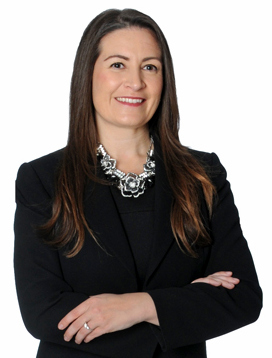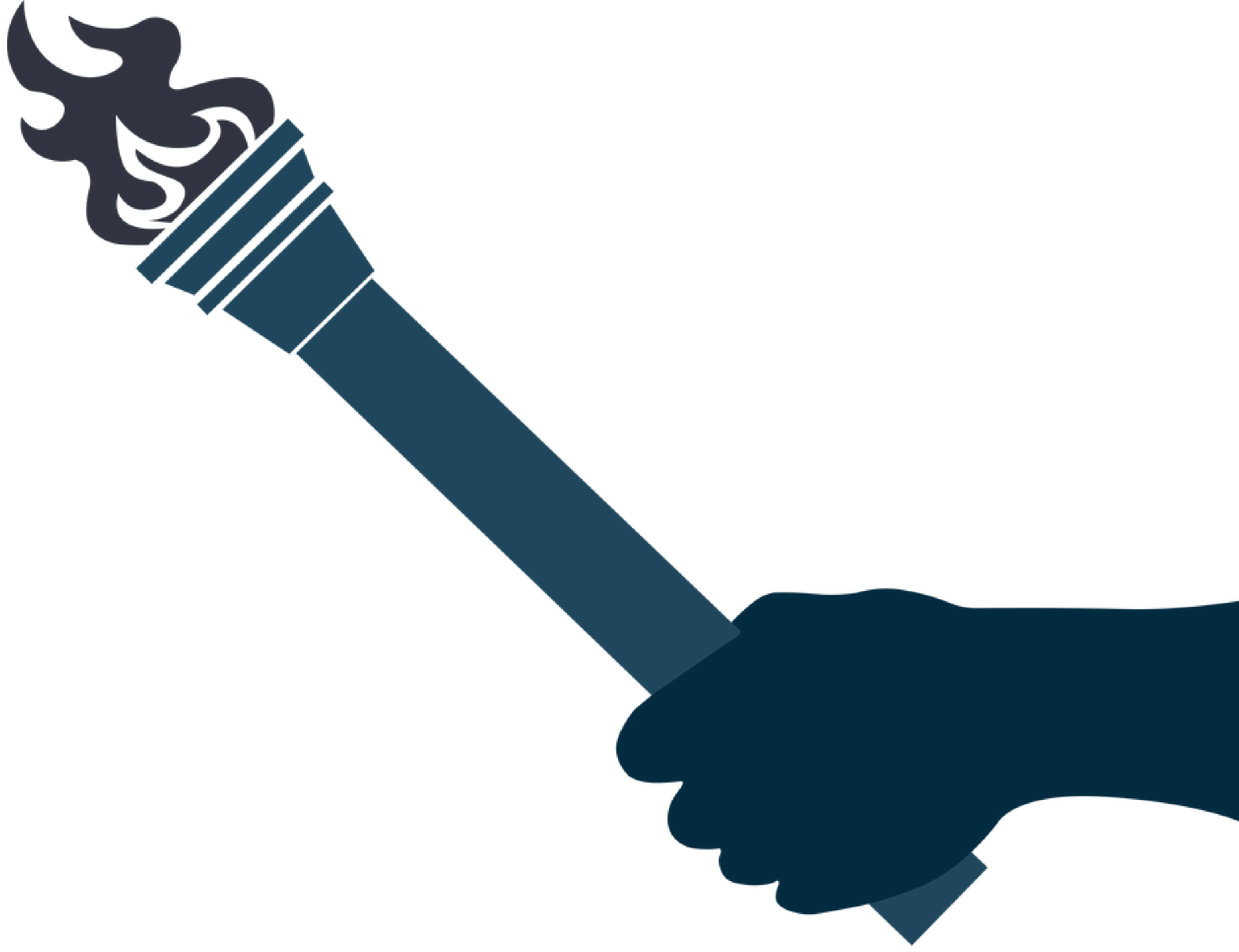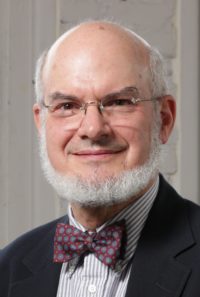Introducing our newest feature: Meet the Board! Members of the Clearinghouse Board of Directors work in both the legal and nonprofit sectors, and their wide variety of practice areas and skillsets are an invaluable resource as the Clearinghouse expands its programs and seeks new and better ways to serve the community. We hope this feature will offer insight into board service and the many ways attorneys can volunteer their time and expertise.
 As a member of Choate’s litigation department, Emily’s practice focuses on complex commercial litigation and government enforcement and compliance. In her spare time, she volunteers with a number of organizations, including the Clearinghouse and Citizen Schools, and serves as a Court Appointed Special Advocate (CASA) in child welfare cases.
As a member of Choate’s litigation department, Emily’s practice focuses on complex commercial litigation and government enforcement and compliance. In her spare time, she volunteers with a number of organizations, including the Clearinghouse and Citizen Schools, and serves as a Court Appointed Special Advocate (CASA) in child welfare cases.
Emily has been a member of the Clearinghouse Board of Directors for four years and is the current Board President. In this edition of Meet the Board, Emily explains how she was first connected with the Clearinghouse, offers advice for younger attorneys interested in pro bono, and talks about one of her most memorable pro bono cases.
How were you initially connected with the Clearinghouse board and why do you feel board service is important?
I was first introduced to the Lawyers Clearinghouse as a Summer Associate at Choate. The firm has been a partner in the Lawyers Clearinghouse’s Legal Clinic program for many years. I attended a clinic and worked on cases that came out of the Clinic as a Summer Associate, and when I started as a First-Year Associate about a year later, I immediately looked for an opportunity to get involved. I worked on two Social Security cases for Clinic clients, and, as they say, the rest is history! I stepped in as the co-chair of Choate’s collaboration with the Lawyers Clearinghouse a couple years later, and have been leading the firm’s work with the Clinic since then. I have worked on numerous Clinic cases, and advised many Associates on Clinic cases over the years.
I joined the Board in 2013 because I had witnessed first-hand over the years the incredible work the organization was doing, and I wanted to get more involved. I believe board service is important because the board of directors has a unique opportunity to provide guidance and fundraising support to the executive director and staff of nonprofit organizations such as the Clearinghouse. Executive Directors and staff, including Maribeth and the wonderful staff members at the Lawyers Clearinghouse, work tirelessly to execute the critical work of the organization, and to be able to be a source of support and encouragement for their work is an honor.
Do you have advice for younger lawyers interested in pro bono?
My advice for younger lawyers interested in pro bono is to get out there and do it. Make pro bono a part of your practice from day one. Learn to balance your pro bono work with other work that you do right from the outset, and then it will feel natural to always have some pro bono work on your plate. I find that my development as a lawyer and my enjoyment of my profession has been significantly enhanced by the pro bono work that I have done over the years. Making a difference for those in need of an advocate is an incredible feeling, and one that really makes being a lawyer a fulfilling endeavor, so I would advise all younger lawyers to get this experience as early and as often as possible.
What is your most memorable pro bono experience?
Fortunately, I have a lot of wonderful and memorable pro bono experiences, but one of my favorites is one I had with a Clinic client several years ago. I will call him Carlos for purposes of the story.
I met Carlos at St. Francis House when he was at risk of losing his food stamp benefits due to an error by the Department of Transitional Assistance (DTA). I worked with Carlos to put together the relevant facts and documentation and drafted a persuasive brief to DTA to demonstrate that their assumption that Carlos had misrepresented information was incorrect. Carlos was able to retain his much-needed food stamp benefits, and he had an opportunity to have his voice heard through the process. Carlos was very grateful for our help.
About a year later, I heard from Carlos again. He was seeking assistance with a different issue, and Choate happened to be staffing a Clinic at St. Francis House a few days later, so I met with Carlos and his caseworker then. At the end of our meeting, Carlos explained that he had been able to obtain housing in St. Francis House’s Next Step Program, which meant that he had his own space for the first time in quite some time. He and his case worker offered to show me his room in the program, and I gladly accepted the invitation. Carlos was beaming with pride when he showed me his meticulously-maintained room, with its own small refrigerator, desk, and bed. He was so proud of all the work he had put in to make this happen, and I was grateful to be able to see what he had accomplished. I was moved by the fact that Carlos wanted to show me his space, how proud he was to have space to call his own, and to tell me how hard he had worked for it and how grateful he was for my help. A few weeks later, I received a handwritten thank-you card from Carlos and his case worker, and I still have that card.
I reconnected with Carlos a few months ago, and was thrilled to learn that he had obtained his own apartment and was thriving. Being able to help a client during some of their most challenging times, even in a small way, is incredibly rewarding, and that is what the Lawyers Clearinghouse allows you to do.


